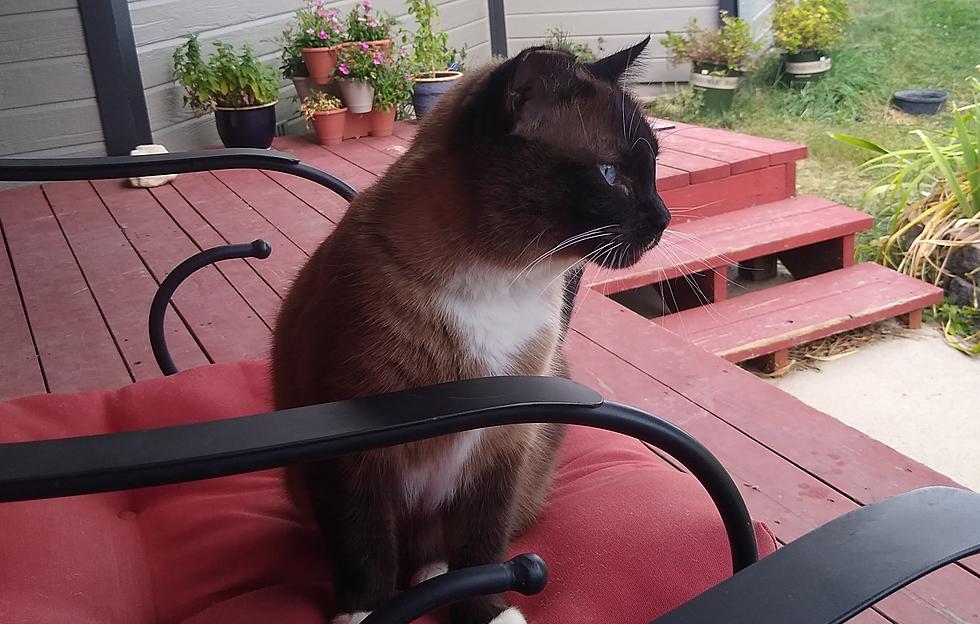
Kitty Cat in Colorado Gets the Plague, Antibiotics to the Rescue
Cat chases mouse. Cat gets mouse. The mouse has bubonic plague. Oh no. That may have been the case for a house cat in Evergreen, Colorado who tested positive for bubonic plague last month.
The Denver Post reports
Jefferson County Public Health detailed in a news release that the cat likely encountered a sick rodent. It is the first cat with a case of plague in Jefferson County this year.
“While plague is a serious disease, and cases of animal-borne disease in household pets is never something we like to see, it is normal and expected for some animals to contract plague in Jefferson County each year,” said Jim Rada, director of Environmental Health Services at Jefferson County Public Health, in the release. “The good news is that modern antibiotics are effective against plague, and as long as it is treated promptly, severe complications, illness or death can be avoided.”
According to the CDC, people can get plague through the bites of infected fleas or by touching infected animals. It can usually be treated with antibiotics. Symptoms for humans include high fever, headache, nausea, and swollen lymph nodes.
The CDC also offers a few prevention measures including:
- If you live in areas where plague occurs, treat pet dogs and cats for flea control regularly and do not allow these animals to roam freely.
- Eliminate sources of food and nesting places for rodents around homes, work places, and recreation areas; remove brush, rock piles, junk, cluttered firewood, and potential food supplies, such as pet and wild animal food. Make your home rodent-proof

UP NEXT: Check out these 50 fascinating facts about dogs:
More From Retro 102.5









